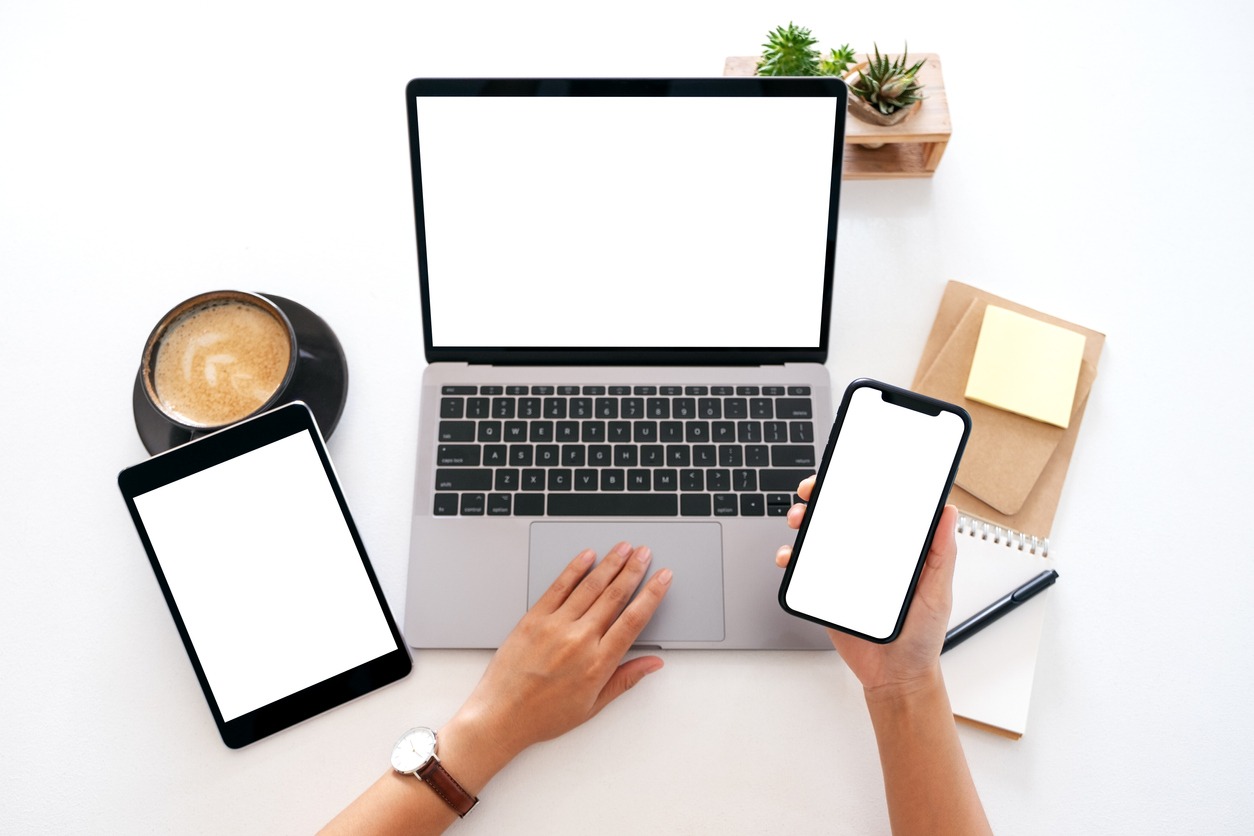Today, with the ever-growing competition for success, the need to learn new things and acquire additional skills is increasing rapidly. There is little appreciation for people with a stagnant growth chart. People are expected to constantly learn and increase their knowledge. However, keeping in mind our hectic schedules and busy lives, maintaining an efficient work-study routine has become very difficult.
There is constant clutter inside our brains with the massive influx of information through social and other media. This has made understanding and retaining new information a challenging task. The key to making new information useful in the long run is its retention. There is pretty much zero use of attaining knowledge that you can’t comprehend or retain for future use.
In this article, we are going to outline a few helpful tips and tricks on how to learn things faster and retain them for future use.
SpeakingOut Loud What You Want to Learn:
According to a recent research done at the University of Waterloo, reading information out loud helps push it to the long-term memory of the brain. It has been ascertained that the dual action of speaking and hearing your voice is the catalyst behind this phenomenon named as the ‘production effect’.
Colin M. Macleod, a professor and chairperson of the Department of Psychology at the University of Waterloo said, ‘This study confirms learning and memory benefit from active involvement. When we add an active measure or a production element to a word, that word becomes more distinct in long-term memory, and hence more memorable.’
Make Physical Notes andNot Virtual:
Recently, the use of technological gadgets has increased immensely. The majority of physical tasks have been taken over by electronic gadgets. It is common for students and learners to make notes on the computer or the laptop. It is faster and easier.
However, research has extensively shown that taking notes on the laptop hinders the learning process. It opens the path for distractions such as emails, etc. Also, research conducted at Princeton University and University of California, Los Angeles, has proven that students who used a pen and paper to take notes paid more attention to the lectures and were also better at comprehending concepts. On the other hand, students who used a laptop to make notes were found to just copy the lectures word by word. They were found to have a shallower comprehension level and didn’t rephrase the concepts before noting them down which is a vital phase of learning.
Teach Someone Else What You Want to Learn:
People tend to perform better when certain expectations are placed on them. This backs the theory that students tend to learn better when they are expected to further teach what they learnt to someone else. But is it just a theory or a proven study?
Researchers at Washington University in St. Louis conducted an experiment. In the experiment, they assessed the potential effects of students who later had to teach what they learnted in comparison to students who were only told to give an exam. The study concludes that learners who were expected to teach later showed better signs of comprehension and retention. These students were also able to produce more correct answers as opposed to the students who were expected only to give an exam later. Hence proving, if you want to learn information better and fast, either teach someone what you want to learn or act like you are learning to teach.
Sleep!
It sounds absurd to sleep when you want to learn things fast, right? As silly as it may sound; it is one of the proven ways for better memory recall. Planning nap sessions in between trainings have been verified through research to push the learned information into long-term memory.
Try New Ways of Learning the Same Thing:
Practice does make a man perfect. However, too much practice, in the same manner, may deplete your skills. A study conducted by the John Hopkins University School of Medicine concludes that learners are better at grasping skills when given a modified practice session rather than learning the skill in one repetitive way.
Pablo A. Celnik, M.D., professor of physical medicine and rehabilitation at the John Hopkins School said, ‘What we found is if you practice a slightly modified version of a task you want to master, you actually learn more and faster than if you just keep practicing the exact same thing multiple times in a row’.
Give Your Brain A Break:
When you have too much to learn in less time, the most natural thing to do is to study as much as you can in a given period. However, this approach is known to produce more harm than good. Information overload is a real phenomenon and it can stress your brain out.
Stress and overload are major causes of disruptions in the learning pathways of the brain. When the brain is overwhelmed and tired, it will not be able to comprehend and process information as efficiently as a relaxed and stress-free brain.
Ensuring that your brain picks on new skills faster, give breaks in your learning sessions. Utilize these breaks either for taking a nap, doing some other activity or just shifting your focus altogether on something else.
Avoid multitasking:
While multitasking may seem like an efficient thing to do, in actual it isn’t as productive as it is known to be. Students that multitask have often been found to be more distracted and less productive. One key habit of effective learners is to focus on one task at a time. Therefore, to improve your learning rate, remove all distractions around you while you study. Some tips to reduce distractions are given below:
- Declutter the area where you are studying;
- Switch off all mobile devices, or turn off notifications;
- Close all other browser windows if studying on a laptop;
- Switch off the Wi-Fi, etc.
Summarize the information:
One easy way to learn a huge set of information faster is to simplify what you need to memorize. Simplifying, summarizing and compressing the information will make it easier for the brain to learn and retain it better. You can use mnemonics to associate information with a set of letters, sounds, etc. An example is a mnemonic used to learn the colors in an optical spectrum, VIBGYOR, which stands for Violet, Indigo, Blue, Green, Yellow, Orange, and Red.
Learning new information is a fun exercise for the brain if done in the right manner. Overloading the brain and only focusing on cramming knowledge inside will not help. Use the amazing and super helpful tips and tricks listed above to make sure your brain enjoys the journey towards learning.




